PROJECTS
BlockchainGov investigates different worlds at the intersection of decentralized technologies and law.
This section organizes our content in three thematic cores: New Networked Sovereignties, Blockchain Constitutionalism and Polycentric Systems.
NEW NETWORKED SOVEREIGNTIES

In the wake of new coordination technologies and desires for autonomy and self-governance, the techno-political paradigm of New Networked Sovereignities is emerging. From the libertarian idea of the Network States to the commons-based vision of Coordi-Nations, we are at the front of the research for these digital jurisdictions.
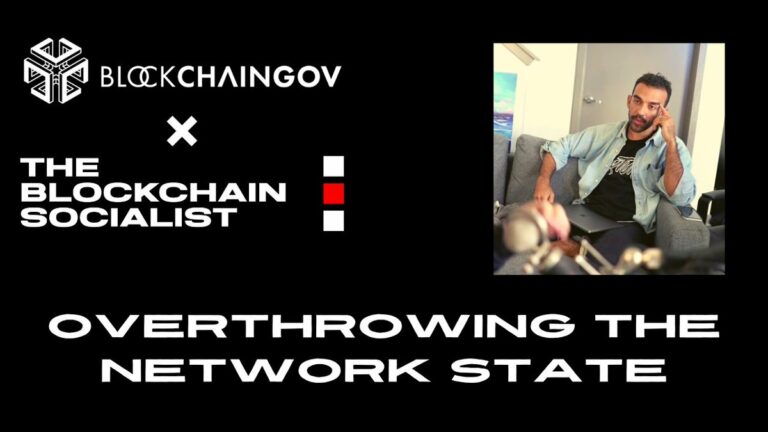
OTNS: Critiques and Alternatives from a Former Professional Libertarian
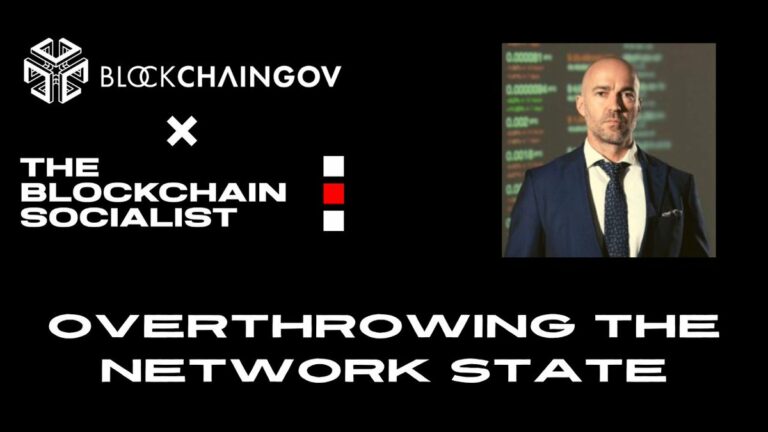
OTNS: Institutional Design and Recognizing the Value of Politics
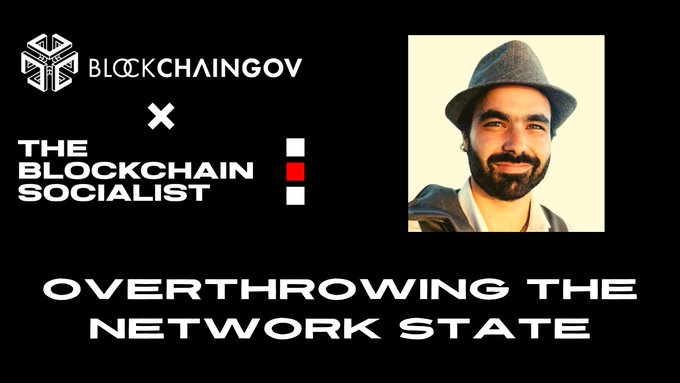
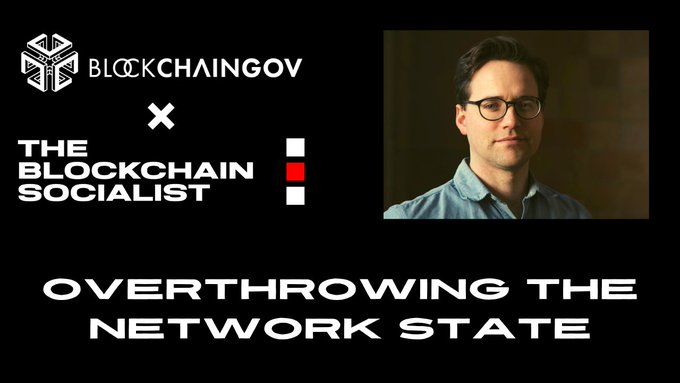
Overthrowing The Network State: Dictatorship by Tech CEO with Nathan Schneider
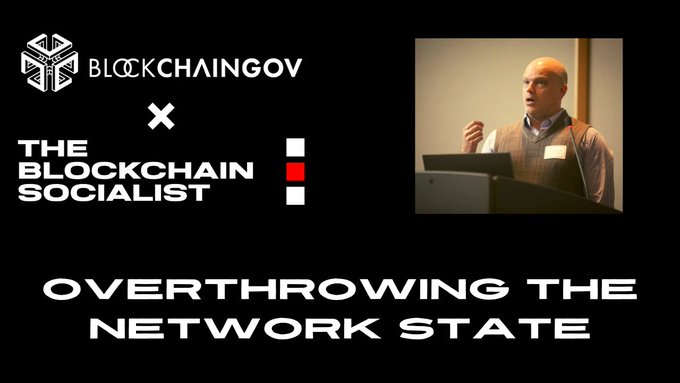
Overthrowing The Network State: Colonize the Memes, the Narratives, and the Land
BLOCKCHAIN CONSTITUTIONALISM

Blockchains are space for new forms of governance. They typically rely on the idea that “code is law” and that rules can be encoded in automatic smart contracts. But in recent years, formal written documents have emerged as a decision-making tool that articulates additional rules and principles regarding the governance of the blockchain-based system. These “off-chain constitutions” are among the most interesting phenomena within the governance space.

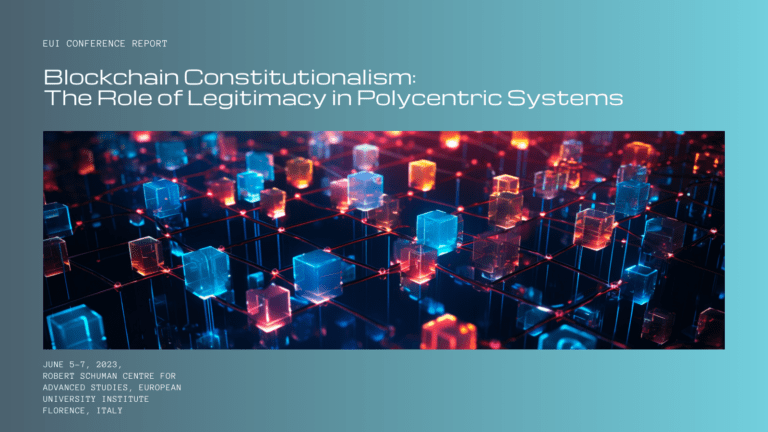
Research Report – Blockchain Constitutionalism: The Role Of Legitimacy In Polycentric Systems
POLYCENTRIC SYSTEMS

Deeply intertwined with the ideas of Consitutionalism, we develop an understanding of blockchain as polycentryc systems. We research governance mechanisms that harness the inherent complexity of polycentric systems, enhancing our understanding of how blockchain systems must navigate multi-level governance, accommodate diverse interests, while allowing for adaptive and distributed decision-making processes.


Research Report – Blockchain Constitutionalism: The Role Of Legitimacy In Polycentric Systems
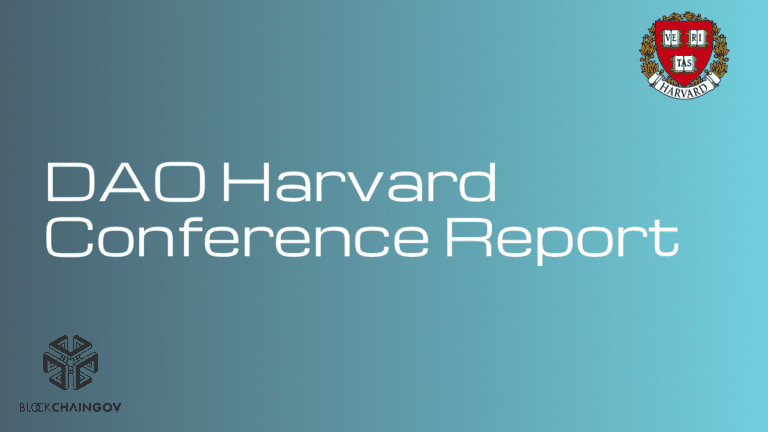










 This site is licensed under a Creative Commons Attribution 4.0 International License. The BlockchainGov project has been funded by an European Research Council Grant.
This site is licensed under a Creative Commons Attribution 4.0 International License. The BlockchainGov project has been funded by an European Research Council Grant.